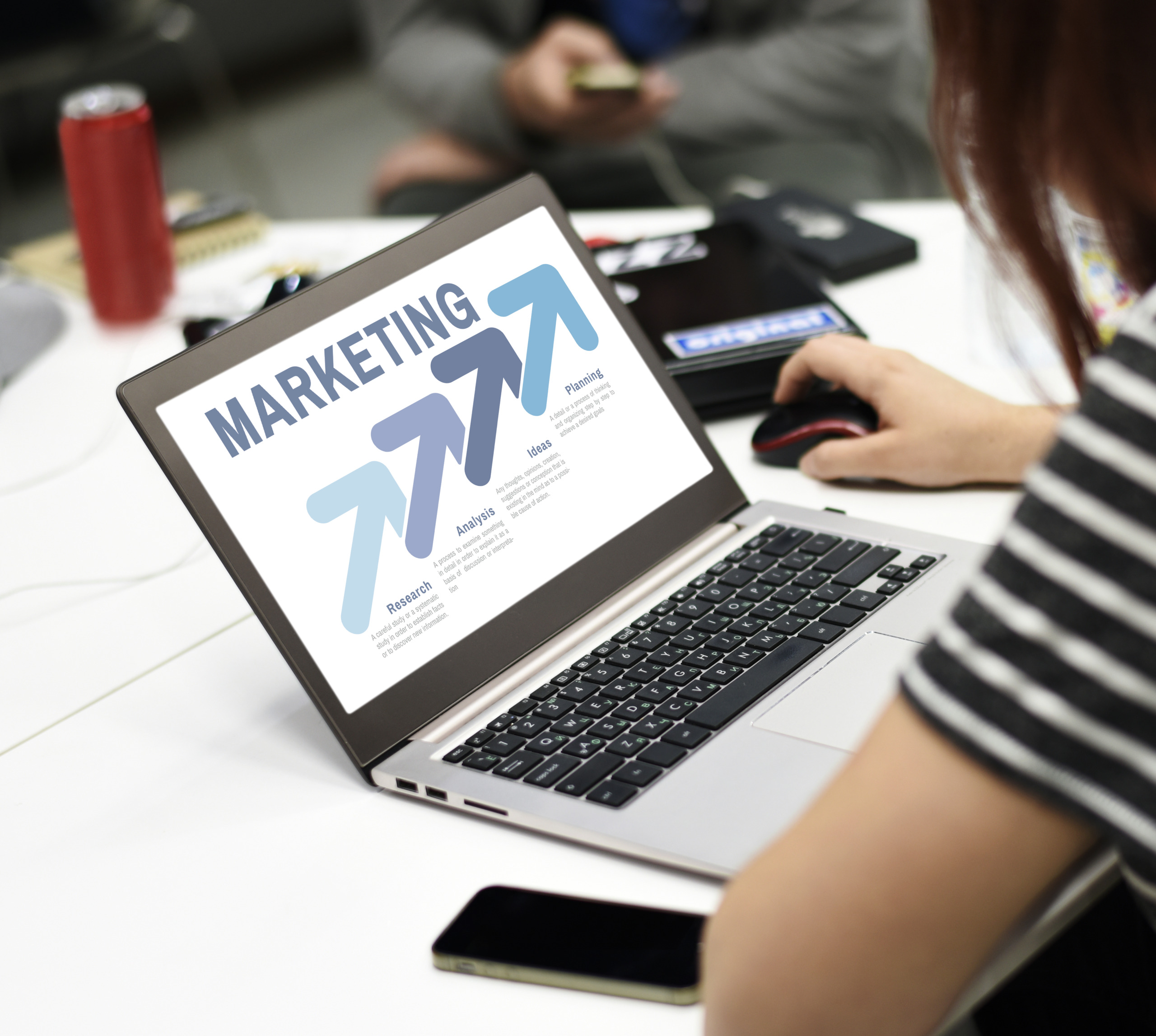In today’s digital era, artificial intelligence (AI) is playing an increasingly important role, especially in marketing. Companies are increasingly recognizing the potential of AI to optimize their marketing strategies, better understand their target audience, and create more effective customer experiences. In the B2B sector in particular, AI opens up new opportunities to maximize marketing potential and achieve sustainable business results. In this article, we will take a closer look at how AI can be used in B2B marketing and discuss the potential challenges.
AI-powered marketing in the B2B sector: potential and challenges:
The B2B sector is characterized by complex sales cycles, different decision makers and a multitude of customer interactions. Here, AI offers the opportunity to improve marketing strategies and gain data-driven insights. By using AI algorithms, companies can analyze large amounts of data and identify patterns to better understand their target audience. This enables a personalized approach and targeted communication to send relevant messages to the right customers at the right time.
Nevertheless, there are also challenges associated with the use of AI in B2B marketing. An important challenge is to collect and process high-quality data. AI systems are only as good as the data on which they are based. Therefore, companies need to ensure that they have clean and relevant data to achieve accurate predictions and insights. In addition, data protection and compliance with data protection guidelines are also of utmost importance in order to maintain customer trust.
Possible uses of AI in B2B marketing – from analysis to automation:
In B2B marketing, there are numerous possible uses for AI. One of the main applications is data analysis. AI can analyze large amounts of data to gain valuable insights and trends. Companies can use these insights to optimize their marketing strategies, better understand their customers, and use their marketing budgets more effectively.
Another area where AI can be used in B2B marketing is automation. Marketing process automation can save time and resources while increasing efficiency. AI-powered automation can be used in lead generation and qualification, for example. By using AI algorithms, potential customers can be identified and prioritized based on their behavior, interactions, and other relevant data. This allows marketing teams to focus their efforts on the most promising leads and develop effective marketing campaigns to attract and convert those leads.
In addition, AI can also help personalize marketing content and messages. By analyzing customer data, AI systems can identify individual preferences, needs, and behaviors and create personalized content. This ranges from personalized emails and recommendations to customized website experiences. By providing their customers with relevant and tailored content, companies can increase customer satisfaction and loyalty.
Conclusion: AI as an opportunity for maximizing marketing potential in the B2B sector
The ongoing development of artificial intelligence offers companies in the B2B sector a unique opportunity to maximize their marketing potential. AI-powered marketing enables better data analysis, personalized communications, and more effective automation of marketing processes. By using AI, companies can optimize their marketing strategies, better understand their customers, and ultimately achieve sustainable business results.
However, it is important to note that the successful use of AI in B2B marketing requires careful planning, high-quality data, and compliance with privacy policies. Companies should ensure they have the right resources and capabilities to effectively deploy AI and address the challenges it presents.
Overall, AI offers a promising future for B2B marketing. Companies that are ready to leverage AI and integrate it into their marketing strategies can gain a competitive advantage and maximize their marketing potential. It’s time to explore the possibilities of AI and use it as a powerful tool to improve B2B marketing.


